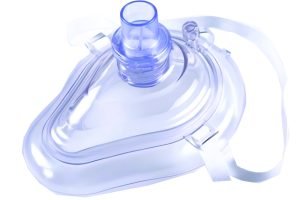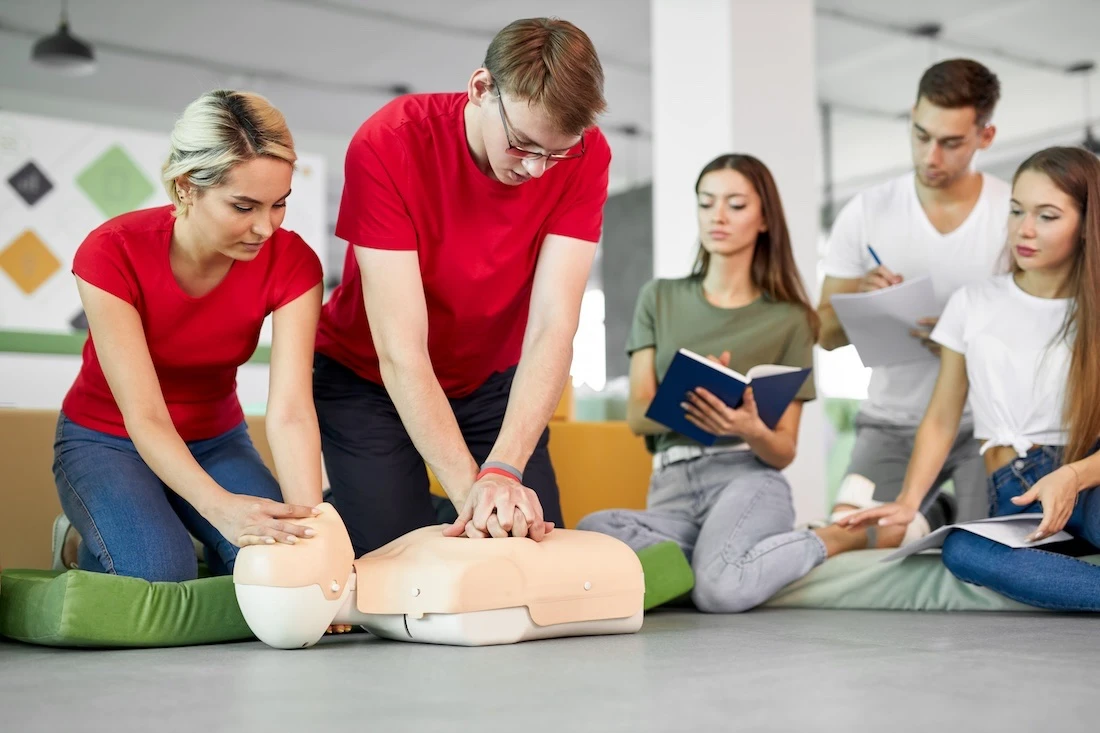


Despite the critical nature of emergency response skills, many people remain unsure about what to do when faced with a cardiac arrest situation. Typically, the first instinct is to dial 911 and wait for medical help. But, often, immediate action is necessary; without it, victims may not survive until professional help arrives. This grim reality is reflected in the statistics: only about 6.4% of cardiac arrest victims survive.
Cardiac arrest occurs when the heart ceases to beat, leading to potential brain death in under six minutes. First Aid and CPR (Cardiopulmonary Resuscitation) stand out as lifesaving techniques that can significantly increase the survival chances of cardiac arrest victims. Performing CPR promptly can help maintain vital blood circulation until emergency services arrive.
Learning CPR is essential for everyone, given that cardiac arrests can happen anytime, anywhere. Shockingly, 350,000 cardiac arrests occur outside of hospitals annually in the U.S., with 70% happening at home, according to the American Heart Association (AHA).
If you’re looking to get CPR and First Aid certified, consider ABC Health and Safety Training. As an AHA-certified provider, we offer comprehensive CPR training courses led by qualified instructors.
Our courses are designed to equip individuals with the skills needed to respond effectively to medical emergencies. We provide both basic and advanced CPR certification courses, including CPR/AED training.
To get certified, follow these steps:
1. Sign up for our CPR training course.
2. Attend the scheduled classes, which typically last between 2 to 4 hours.
3. Under our certified instructors’ guidance, learn lifesaving skills, including adult, child, and infant CPR.
Participants will also become proficient in using Automated External Defibrillators (AEDs), vital tools for correcting irregular heart rhythms.
Upon completing the course and passing the examination, you’ll receive a CPR certification card, empowering you to handle cardiac emergencies confidently.
CPR certification is crucial for many professions, including but not limited to:
– Healthcare professionals (doctors, nurses, medical assistants)
– Law enforcement officers
– Childcare providers and babysitters
– Lifeguards
– Firefighters
– Personal trainers and physical therapists
The right CPR course for you depends on your profession and employer’s requirements. Healthcare roles typically require AHA certification, whereas non-medical professions may be suited to EMS certification. Both certifications are valid for two years.
Regardless of your profession, being CPR certified equips you with the vital skills needed to assist family, friends, and bystanders in emergencies.
Don’t wait to make a difference. Enroll in our CPR certification program today and take the first step towards becoming a lifesaver. For more information message us or call.
Join us at ABC Health and Safety Training in Vacaville to gain the skills that could save lives.

Don’t miss out on lifesaving opportunities! Subscribe to our email list for updates on classes, exclusive events, and the latest health and safety news.
